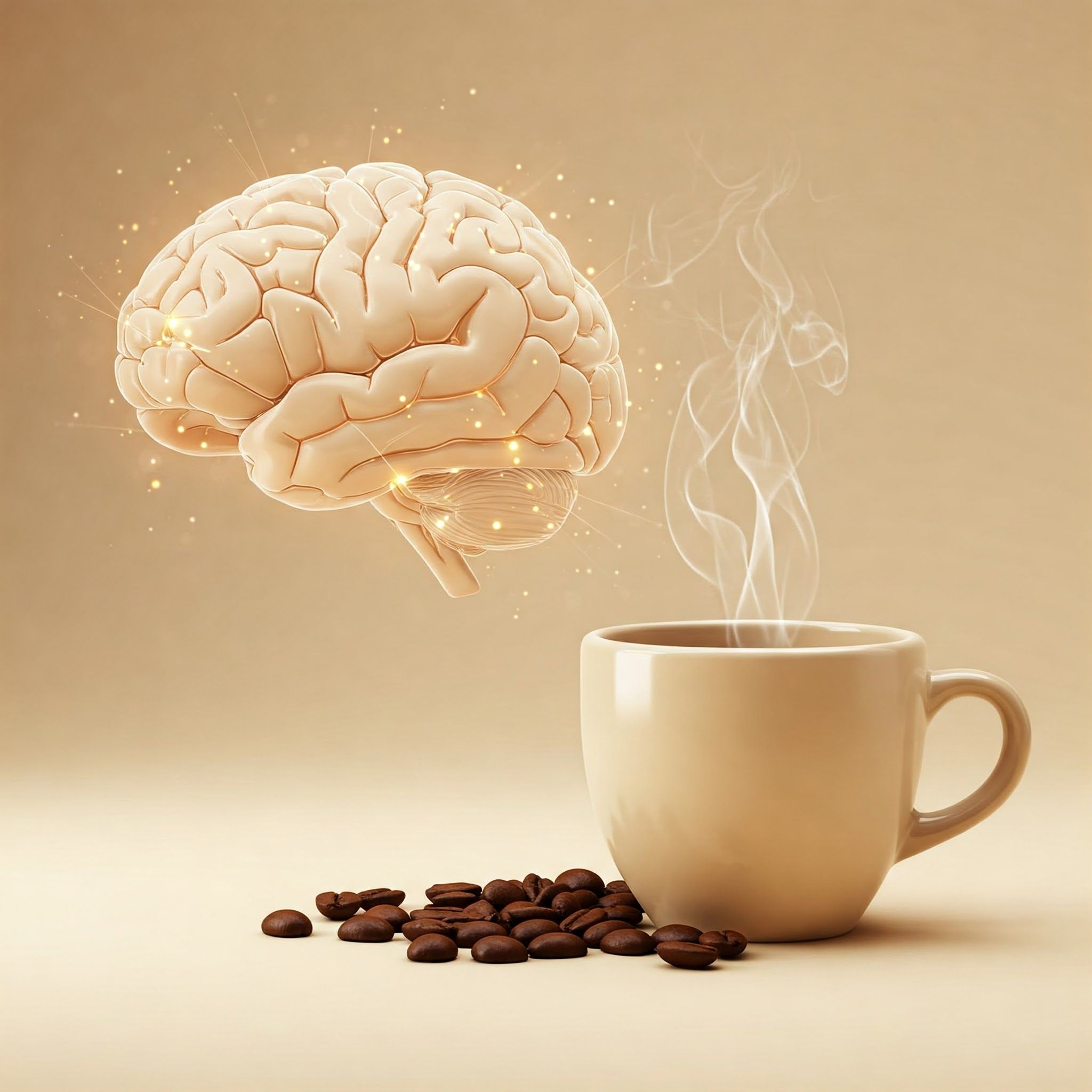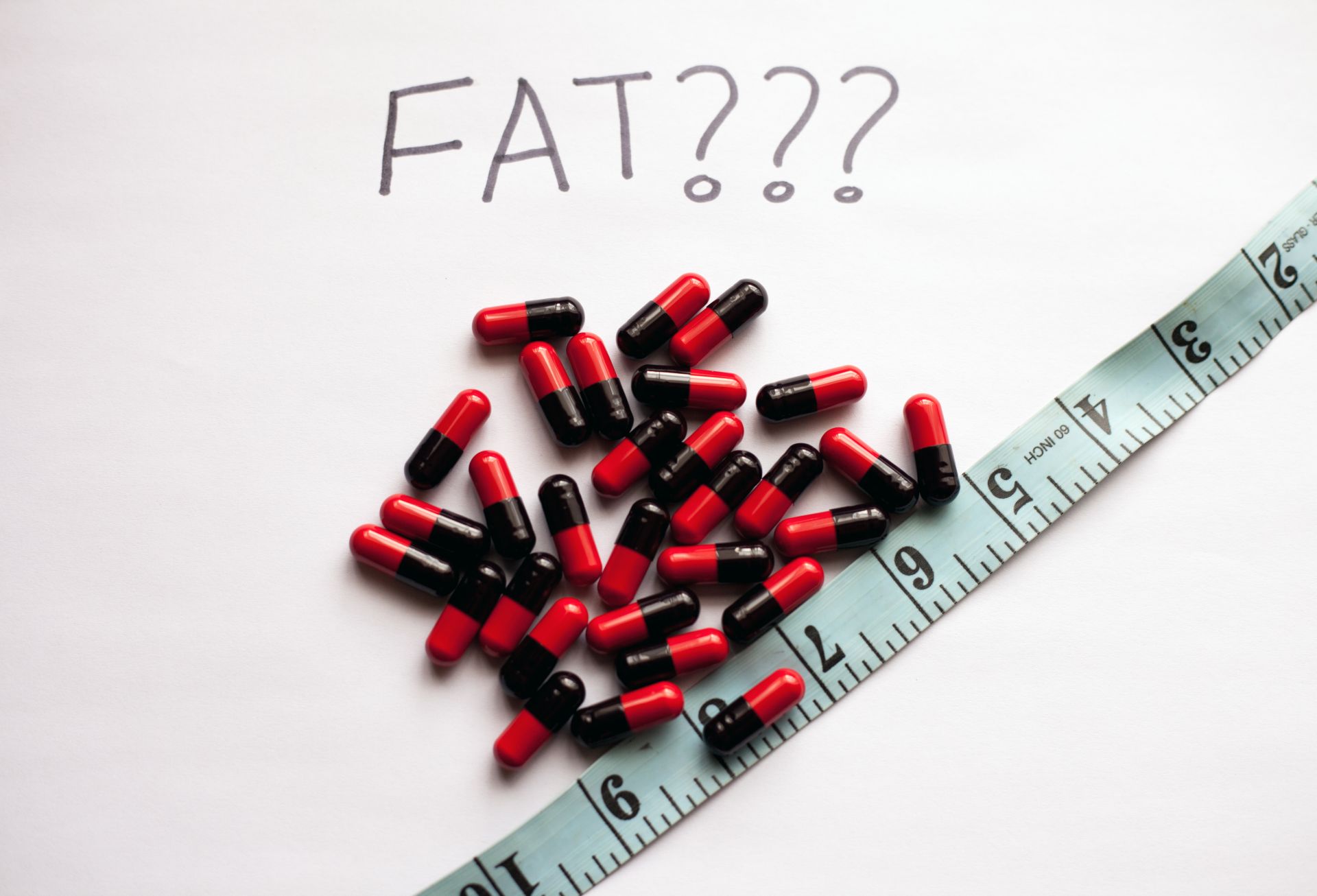Caffeine - what is it and what properties does it have?

What do we love coffee for? For its unique aroma and... caffeine! Caffeine is responsible for all the magic that happens in our brains after drinking coffee. Less fatigue, better concentration, good mood. But that's not all. Caffeine also affects metabolism and is even used to reduce pain. It is worth learning more about its properties.
- What is caffeine?
- Properties of caffeine for humans
- How much caffeine does coffee have?
- What amounts of caffeine are safe?
- Fatal dose of caffeine
What is caffeine?
Caffeine (1,3,7-trimethylxanthine) is a natural purine alkaloid. It is to it that we owe the energizing effects of coffee and tea. Once ingested, it is quickly and very efficiently (almost entirely) absorbed from the gastrointestinal tract into the bloodstream. It easily migrates to the brain, penetrating the blood-brain barrier. In the body, it is metabolized to the dimethylxanthines paraxanthin, theobromine and theophylline, which are also biologically active.
The most widely used pharmacologically active substance in the world is probably just caffeine. We use it both in its traditional, natural form, i.e. as infusions of coffee, tea, yerba mate, etc., but also in the more precise form of supplements and drugs with caffeine isolated from natural raw materials or synthesized in the laboratory. Dietary supplements usually use anhydrous caffeine up to 200 mg per serving.
Properties of caffeine for humans
There is no getting away from the fact that caffeine is one of the best studied substances in the world. A huge number of human studies and meta-analyses on the effects of caffeine on human health are available in scientific databases. We know exactly not only what caffeine is, but also how it affects our biochemistry and overall health.
Fatigue inhibition
For this property we love caffeine! It is the agent of first choice when drowsiness is nagging and we can't afford to take a nap.
However, what is the reason for this property? Well, caffeine is structurally very similar to adenosine. The similarity is so close that caffeine in the brain attaches to adenosine receptors. Once it does, it blocks these receptors, and adenosine cannot attach to them and is unable to produce the action it is responsible for. And it is responsible for, among other things, feeling tired. Thus, caffeine does not allow adenosine to induce drowsiness in us.
The above action is the main, but not the only mechanism of caffeine's action. It also affects the behavior of several other neurotransmitters that have a stimulating effect on the nervous system. Depending on the dose , caffeine can not only reduce fatigue, but even add an extra surge of energy.
Improving concentration
This is a great property of caffeine and coffee. Perhaps you also benefit from them while working or studying. It simply works!
The effects of caffeine on cognitive function have been thoroughly studied in many animal experiments and human clinical trials. The pro-cognitive effects of caffeine can be explained mainly by these three mechanisms of action:
- antagonism of adenosine receptors, especially in the central nervous system;
- mobilization of intracellular calcium stores;
- inhibition of the enzyme phosphodiesterase.
It is worth noting, however, that the effect on concentration is best seen in people who take rather small amounts of caffeine on a daily basis or do not use it. Ad hoc intake guarantees the strongest effect on concentration and mental clarity. Although as to the effect on memory the results from studies are mixed, the effect of increased alertness, concentration and decreased fatigue is hard to dispute.
Effects on metabolism and weight loss
Do you know what the most popular ingredient in fat burners is? Caffeine. There are many indications that caffeine stimulates several mechanisms to facilitate weight loss.
Lipolysis, or the release of energy stored in stored fat, is affected by caffeine via the inhibition of PDE enzymes. Thus, caffeine inhibits the breakdown of cAMP in cells. cAMP stimulates lipolysis by triggering the activity of hormone-sensitive lipase (HSL) and plays an important role in the action of adrenaline. This mechanism requires relatively high doses, which is why manufacturers of fat burners usually do not spare caffeine in them.
An important aspect of caffeine's effect, which is hard to dispute, is the reduction of fatigue and the naturally resulting increase in activity. When eyelids become lighter and drowsiness lets go, there's a better chance of getting up and doing something. An increase in NEAT (i.e., non-exercise physical activity) is an important factor in increasing metabolic rate and energy expenditure. The more calories we burn during daily activities, the easier weight loss is.
Analgesic effects
Caffeine is used in many painkillers. However, it is then never found alone, but always accompanied by another analgesic substance. In this case, caffeine provides support for the main ingredient of the drug, aiding its absorption and action. Thanks to it, painkillers can work up to 40% more effectively. It is best documented for headaches and migraines.
How much caffeine does coffee have?
Brewed coffee contains 56-100 mg of caffeine per 100 ml of beverage.
However, the caffeine content of coffee is highly variable, and depends on many factors. Among other things, the species of beans, the coarseness of their grinding and the method of brewing coffee all count.
Other sources of caffeine - what instead of coffee?
Among the natural sources of caffeine we will mention:
- Yerba mate
- tea
- guarana
- cocoa
- Ilex guayusa
- cola nuts
Caffeine is also, of course, a major ingredient in energy drinks. Less obviously, it's also in the formula of popular sweetened beverages such as cola (of various brands) or Mountain Dew.
Interesting fact: Substances such as "theine" in tea or "matina" in yerba mate are the same as "caffeine" from coffee. These names are differentiated by the origin of the substance, but in all cases it is exactly the same alkaloid.
What amounts of caffeine are safe?
Based on the data analyzed, it has been concluded that for healthy adult humans, caffeine intake of up to 400 mg per day is not associated with adverse effects regarding general toxicity, cardiovascular effects, effects on bone health and calcium metabolism (with adequate calcium intake), behavioral changes, increased incidence of cancer and effects on male fertility.
The safe dose threshold decreases in various specific cases. For example, pregnant women ideally should not consume more than 200 mg of caffeine per day, so as not to adversely affect fetal development. A lowering of the threshold can also occur with the use of medications that interact with caffeine, kidney failure or an individual's tendency to metabolize caffeine slowly.
Fatal dose of caffeine
Death from excessive caffeine consumption is extremely rare, and only a few cases have been described in the literature. The single lethal dose for an adult has been estimated at 10 grams. With that said, it is worth noting that there is a known case of death after consuming 6.5 grams of caffeine, but on the other hand, the survival of a patient who allegedly consumed 24 grams of caffeine has also been reported.
Sources:



 ⮜ Previous article
⮜ Previous article
Yohimbine - learn about its mechanisms of action and dosage
 Next article ⮞
Next article ⮞